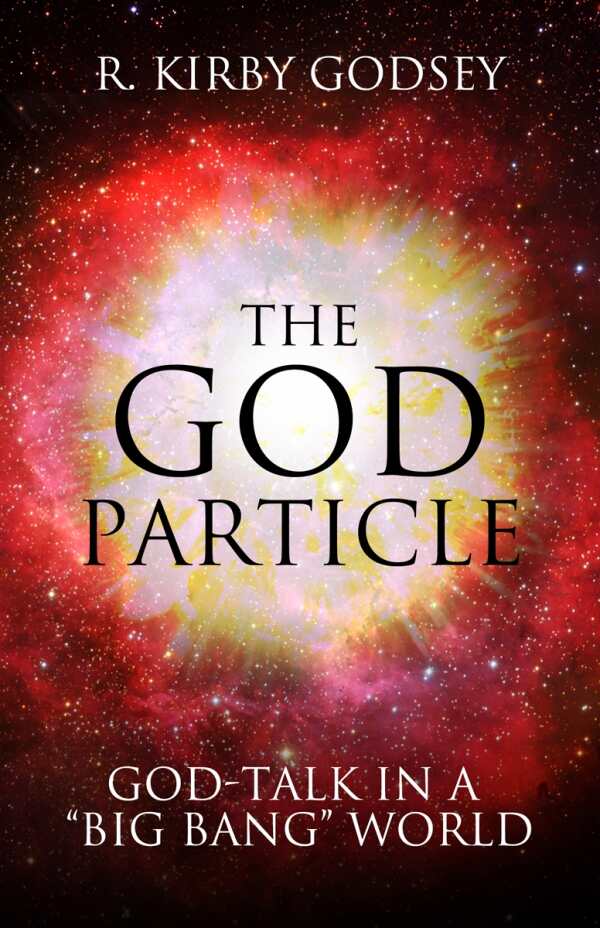The God Particle
God-Talk in a "Big Bang" World
- 2016 INDIES Finalist
- Finalist, Religion (Adult Nonfiction)
Godsey offers a way of thinking about both science and religion that could unite the measurable with the spiritual.
In The God Particle, R. Kirby Godsey surprisingly bridges the science-religion divide without the need to endure brain- and soul-stretching philosophical calisthenics to get there. The result is a book that’s not so much about squaring religion with science, but rather about presenting a way to think about science that allows for religion.
This is, thankfully, not one of those books that attempts to find scientific explanations for, say, Noah’s flood or the parting of the Red Sea. “Confusing religious stories with science leads to bad religion and bad science,” Godsey writes. Instead, religion can be useful as metaphor to help understand science. But that’s not a new idea. What is unique is that he offers the science-minded a way that they can think about religion that does not compromise the known, measurable universe.
Science teaches that, on the atomic level, nothing is solid. The particles that make up the universe, the Earth, and all its creatures, are mostly empty space and energy. So, a rock and a human are both a configuration of energy. Rocks and people fall apart, but energy does not. Godsey chooses to think of this combination of energy as spiritual, and the connections between them as a constant state of God. This, Godsey asserts, is where concepts of religion and God can live with scientific reality. He takes an almost kabbalistic approach to the idea of God. We are all God. “God is a verb,” a constant result of the act of interconnectedness.
This point of view will likely make neither the religious nor the science-minded happy generally, though a few might make the connection. This is a change in the way that the religious can think of God and the way that scientists can view the concept of energy, time, and space. In this way, there is no difference at all between science and religion. The two are merely different ways of interpreting the same universal phenomena. Getting there will take a leap of faith from both sides, but it’s a worthwhile leap to consider, and reading The God Particle would be a good first step.
Reviewed by
Howard Lovy
Disclosure: This article is not an endorsement, but a review. The publisher of this book provided free copies of the book to have their book reviewed by a professional reviewer. No fee was paid by the publisher for this review. Foreword Reviews only recommends books that we love. Foreword Magazine, Inc. is disclosing this in accordance with the Federal Trade Commission’s 16 CFR, Part 255.

